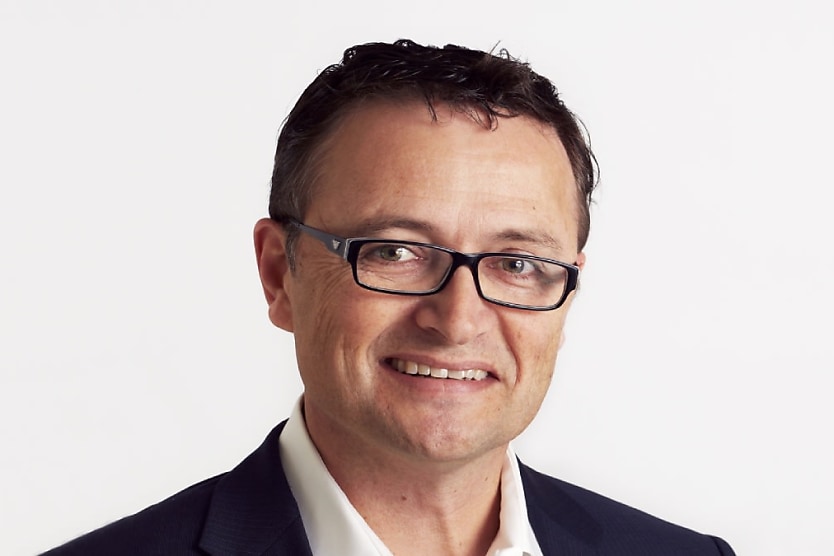Five critical skills of resilient professionals according to Springfox report
SHARE THIS ARTICLE

Organisational resilience must now become a boardroom priority. Building resilience at both a personal and organisational level will, in many cases, be the difference between an organisation floundering or flourishing. After all, effective business requires effective performance, which is only achievable if organisations care for their employees and equip them to meet the challenges posed.
Springfox’s own 2022 Global Resilience Report shows that professionals who have fared well during the pandemic, successfully combatting stress and burnout to retain personal and organisational high-performance, all have one thing in common: high resilience levels underpinned by the mastery of five critical factors identified as sleep, fulfilment, bounce, relaxation and focus.
These five factors of professional resilience separate those with high resilience scores from those in the bottom decile, illustrating how mastering the resilience basics can have significant benefits towards personal and professional wellbeing and workplace productivity.
The superpower of sleep
Sleep quality over the past two years has become the single most important factor separating those with high resilience from those with low resilience. Eight in ten (86 per cent) of those with high resilience have mastered sleep quality, compared to just 7 per cent of those with the lowest resilience.
Good quality, restorative sleep promotes stronger mental and physical wellbeing. Sleep also impacts many aspects of professional performance including the ability to adequately respond to rapidly changing work demands and stress-inducing environments, self regulation, and decision making.
Productive sleep is an opportunity to recharge, regroup and establish a clear mindset for the day ahead, but disruptions to daily rhythms and routines can impact sleep quality. Those who prioritise maintaining a healthy, high-quality sleep cycle – including going to bed and waking up at the same time, even on weekends, and getting at least eight hours per night – are likely to benefit from greater mental clarity and resilience during their workday.
Knowing your reason why
Fulfilment has always ranked as a key strength in resilient employees. In the context of the workplace, fulfilment refers to the alignment of one’s personal and professional values or goals. A fulfilled employee is positively engaged at work with a clear sense of purpose and an understanding of their ‘why’.
The 2022 Global Resilience Report shows that 94 per cent of those with high resilience scores also have a strong sense of fulfilment, compared to just 18 per cent of those with low overall resilience scores.
Employers and mangers have a key role to play in creating fulfilling work environments that have robust communication strategies, clearly set-out values and objectives, and that acknowledge the contributions of each individual. Organisations with a clearly articulated purpose, and those who consider the impact of business on all stakeholders, are more likely to build a mission-driven, fulfilled workforce.
The ability to ‘bounce’ forward
Bounce refers to a foundation of resilience that enables quick recovery after dealing with change and disruption, and is linked to tactical calm, contemplation, and relaxation. Highly resilient individuals have great capacity for bounce (91 per cent) while only 23 per cent of those with low resilience have mastered the ability to bounce forward after adversity.
When confronting adversity, ‘bounce’ triggers awareness, learning, and adaptation. In most cases, even in severe adversity, there is a level of post-traumatic growth. Thus, bounce – as a learned set of skills, such as mindfulness, gratitude, joy and connection – allows us to recover quickly and move forward from challenges.
Daily relaxation
Amidst the increasing complexity and intensity of daily life, making time for relaxation is critical to wellbeing and effective performance. High-pressure and uncertain environments trigger the sympathetic nervous system, causing distress that may be experienced as fear or frustration. For leaders, the pressure to perform, mixed with anxiety, self-critical thinking, anger, and perfectionism, can create an explosive cocktail of distress and overwhelm, putting us on the fast-track to burnout.
A large majority (83 per cent) of those with high resilience practise effective relaxation strategies, compared to only 17 per cent of those with low resilience. There are many ways to relax the body and mind, including contemplation, time in nature, massage, music, and more. The key is identifying a strategy that works for you and integrating it into your daily routine, as this is what will enable us to reap the benefits.
Growth through focus
Being present and focused on what matters is one of the top three factors for resilience and high-performance at work. In fact, our report shows 95 per cent of highly resilient individuals demonstrate strong focus, also known as being in a state of ‘flow’.
Developing our capacity to hold focus on what matters is key to resilience. Focusing on a clear goal is a prerequisite for flow and will see gains in productivity. When interrupted by an email or notification, it can take up to 30 minutes to regain the focused engagement required for flow. If productivity is the goal, focus is the enabler.
Providing employees with opportunities to achieve flow – whether through designated ‘quiet spaces’ or encouraging a dedicated ‘deep focus’ hour every day – will see professional resilience and productivity increase.
Building resilience should be front of mind for business leaders looking to equip their teams with the ability to navigate the complex world we live in.
Stuart Taylor is the CEO Springfox
